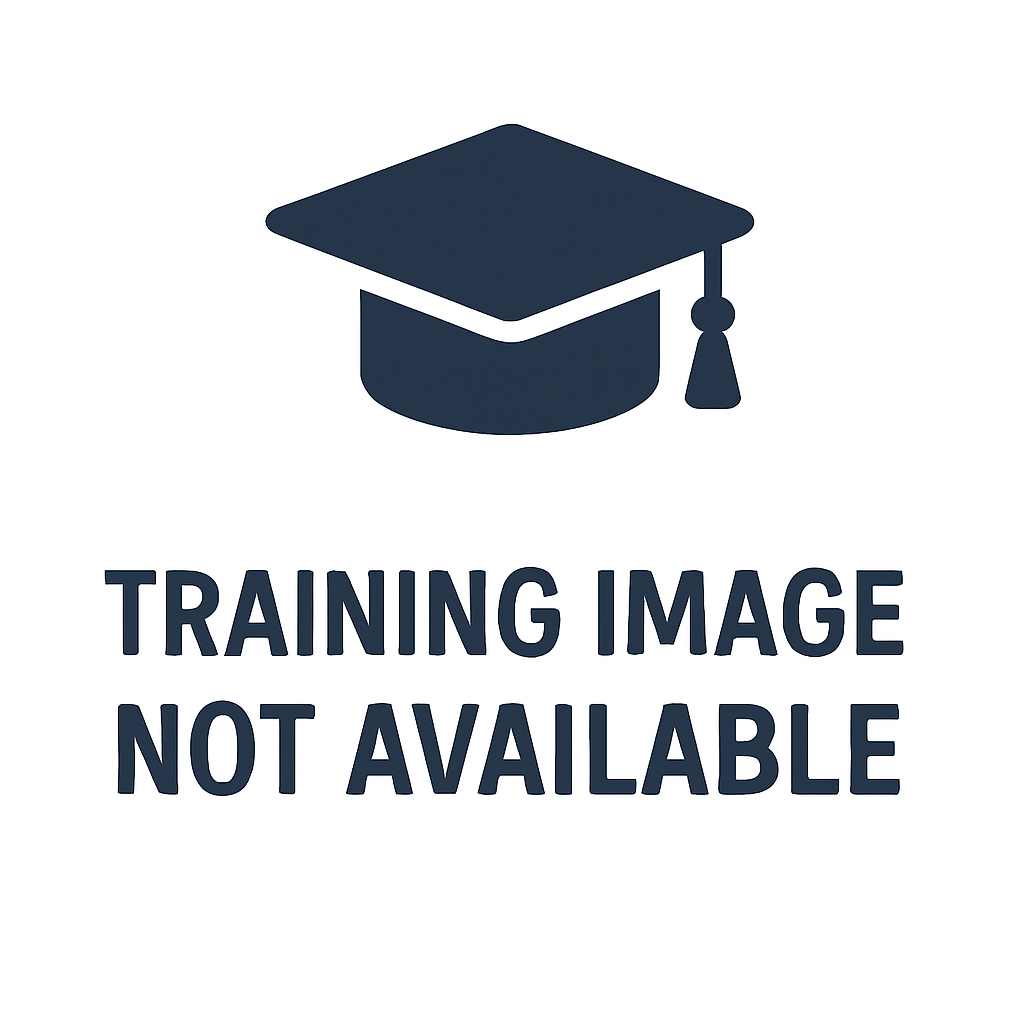









Description
Occupational Therapists (OTs) help people with physical, cognitive, or developmental challenges achieve greater independence by improving their ability to perform everyday activities. They work in a wide range of settings (hospitals, rehabilitation facilities, schools, private practice, and beyond), conducting assessments and developing comprehensive treatment plans that include adaptive tools and equipment, therapeutic activities and exercises, and even training for caregivers. As the most highly trained and credentialed professionals in their field, Doctors of Occupational Therapy (OTDs) often enjoy expanded career opportunities that may include moving into senior leadership roles, designing programs, conducting research, leading policy and advocacy initiatives, teaching in academic settings, and more. SCU’s California-based Doctor of Occupational Therapy program gives students the opportunity to enter the program with just 90+ college credits (i.e. no bachelor’s degree)—earning their doctorates and becoming OTDs in just over two years! The program is particularly ideal for those who are already licensed Occupational Therapy Assistants (OTAs) and want to advance their careers and make an even greater impact.
Course Curriculum
Evidence-Based Knowledge: Critically apply the latest research and knowledge bases that support occupational therapy practice and contribute to the growth and dissemination of research inclusive of in-depth knowledge applied in the doctoral capstone project and experience. Therapeutic Use of Occupations: Articulate and apply therapeutic use of occupations with individuals, groups or populations for the purpose of participation in roles and situations in home, school, workplace, community, and other settings. Client-Centered Care: Develop and implement client-centered care that is inclusive of cultural values, beliefs and needs and considers occupational justice and health equity. Lifestyle Health + Occupational Performance Outcomes: Articulate and apply occupational therapy theory and evidence-based evaluations and interventions to achieve expected outcomes as related to occupation and lifestyle health. Occupational Therapy Process: Plan and apply evidence-based occupational therapy interventions to address the physical, functional cognitive, psychosocial, sensory, and other aspects of performance in a variety of contexts and environments to support engagement in everyday life activities as related to occupation, well-being, and quality of life, as informed by the Occupational Therapy Practice Framework (OTPF). Leadership: Demonstrate leadership skills employing therapeutic use of self and science driven evidence in all practice areas and settings inclusive of: a direct care provider, consultant, educator, manager, researcher, and advocate for the profession and the consumer. Ethical Reasoning: Uphold the ethical standards, values, and attitudes of the occupational therapy profession in all. Collaboration and Diversity, Equity, and Inclusion (DEI): Collaborate with stakeholders to provide evidence-based care and demonstrate health equity, inclusion and diversity across all practice settings. Lifelong Learning: Demonstrate the ability to participate as an active, self-directed learner applying the skills of a life-long learner.
Trainer Expertise
Occupational Therapist





